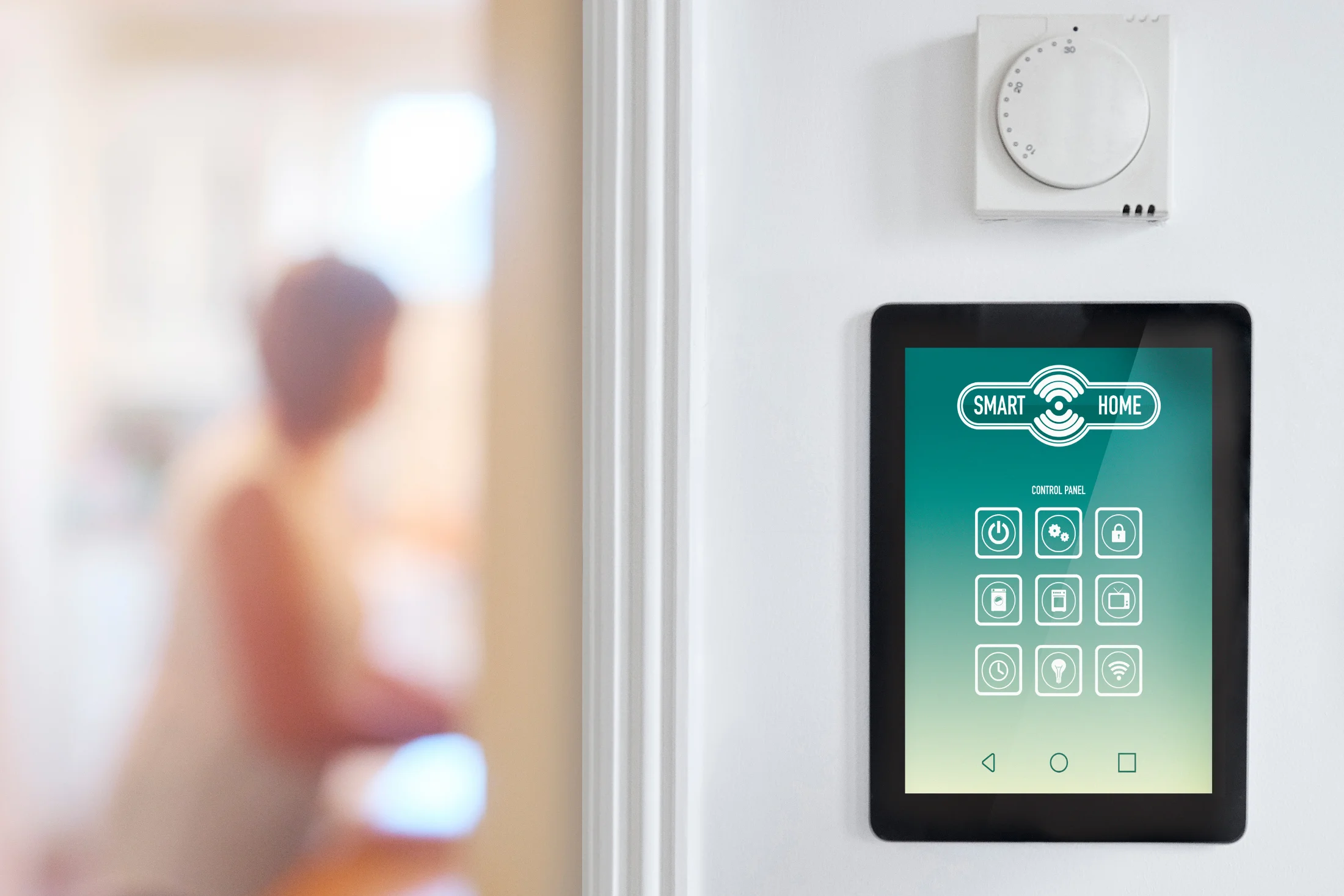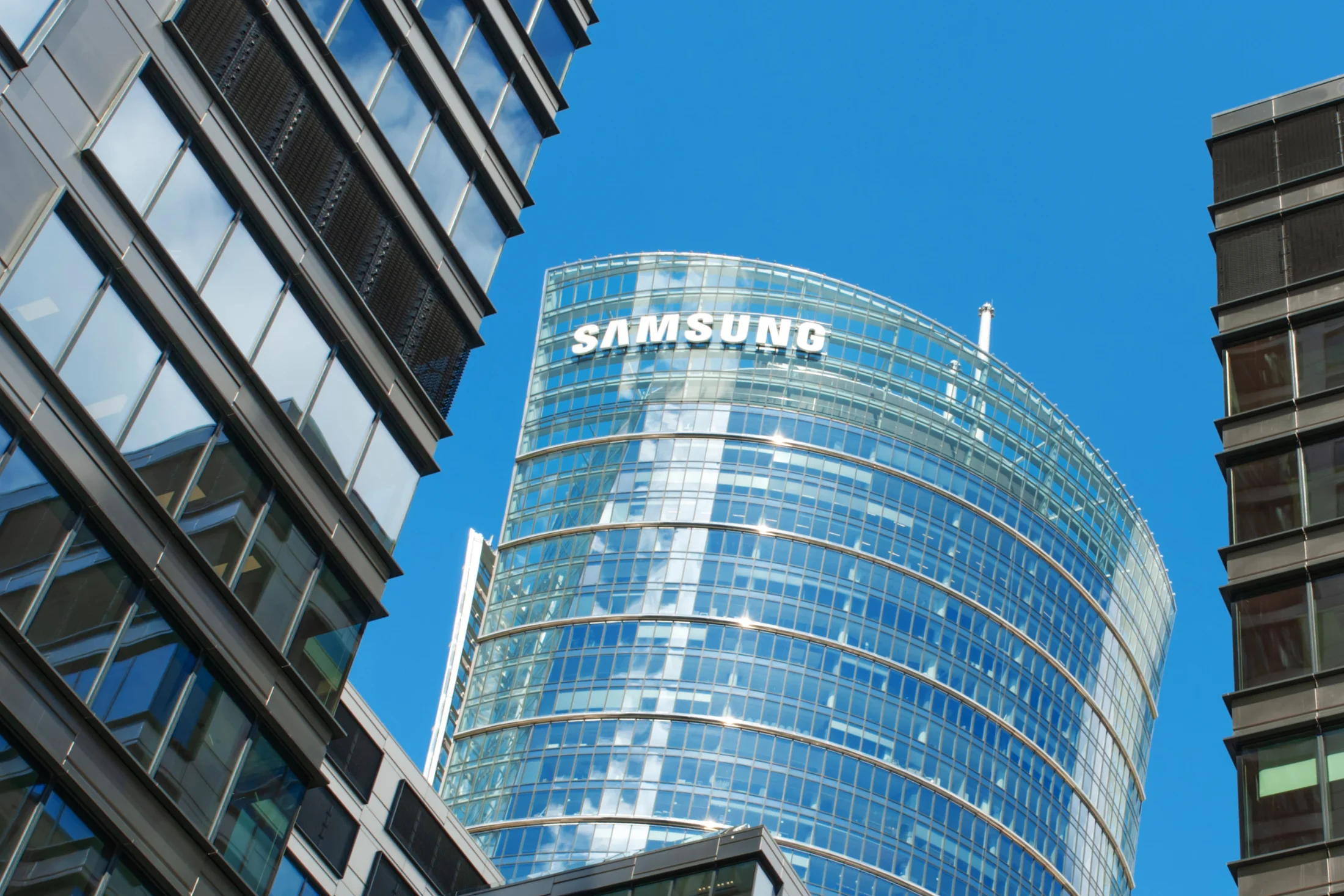Business Technology News Roundup: May 30, 2025
Discover the top 5 US tech news stories from May’s last week, 2025, including AI’s cybersecurity risks, tariff effects, Apple’s smart home changes, and federal IT policy updates.
The last week of May 2025 brought pivotal developments in the US tech sector, with stories that reach far beyond corporate earnings. From the growing influence—and risks—of AI in cybersecurity to the real-world impact of tariffs on consumer electronics, the week’s news reflects a tech landscape in rapid transformation. Here are the five most important US tech stories.
Stories

As artificial intelligence becomes a cornerstone of cybersecurity strategies, US officials are sounding the alarm about its potential downsides. A senior State Department official warned that AI can amplify both strengths and weaknesses within an organization’s security posture. If agencies or companies lack robust foundational security, integrating AI may actually increase their vulnerability, making them more susceptible to sophisticated attacks. This comes as federal and local agencies accelerate the adoption of AI-driven defense tools, emphasizing the need for strong security basics before deploying advanced technologies. The message is clear: AI is not a cure-all, and without proper groundwork, it could become a liability rather than an asset.

Best Buy, one of America’s leading electronics retailers, revised its full-year sales outlook downward due to ongoing tariff pressures. The company has already raised prices on several products and warned that further increases may be necessary if trade tensions persist. These tariffs, primarily targeting electronics and components imported from Asia, are beginning to hit US consumers directly, making everyday tech purchases more expensive. Best Buy’s move highlights how international policy shifts are rippling through the US retail market, affecting both shoppers and the broader supply chain.

Apple is making strategic adjustments to its highly anticipated smart home display, reportedly removing some features to speed up production and meet market demand. The device, which resembles an iPad mounted on a robotic limb and features deep Siri integration, will debut with a more limited feature set than originally planned. Additional capabilities are expected to roll out in future updates. This decision reflects Apple’s focus on getting a competitive product to consumers quickly, as the smart home market becomes increasingly crowded with rivals like Amazon and Google. The move underscores the company’s balancing act between innovation, speed, and user expectations.

In a significant policy shift, the US Department of Defense has halted new IT consulting and management services contracts unless it can be demonstrated that no internal resources are available. This directive is designed to reduce the Pentagon’s reliance on outside consulting firms, strengthen in-house technical expertise, and introduce stricter oversight of IT procurement. The new rules are expected to make federal technology operations more self-sufficient and secure, while also ensuring taxpayer dollars are spent more efficiently. This move could have broad implications for the federal IT contracting landscape and for companies that have long depended on government contracts.

Samsung has surpassed LG to become the leading seller of OLED TVs in the US, according to recent market research. This shift is attributed to Samsung’s strategic manufacturing decisions, which have helped the company better navigate ongoing tariff challenges compared to its competitors. Despite economic uncertainty and rising prices, consumer demand for OLED TVs remains strong, with both sales and shipments on the rise. Samsung’s ascent reflects broader trends in the consumer electronics market, where supply chain agility and global trade dynamics are increasingly shaping market leadership.

As artificial intelligence becomes a cornerstone of cybersecurity strategies, US officials are sounding the alarm about its potential downsides. A senior State Department official warned that AI can amplify both strengths and weaknesses within an organization’s security posture. If agencies or companies lack robust foundational security, integrating AI may actually increase their vulnerability, making them more susceptible to sophisticated attacks. This comes as federal and local agencies accelerate the adoption of AI-driven defense tools, emphasizing the need for strong security basics before deploying advanced technologies. The message is clear: AI is not a cure-all, and without proper groundwork, it could become a liability rather than an asset.

Best Buy, one of America’s leading electronics retailers, revised its full-year sales outlook downward due to ongoing tariff pressures. The company has already raised prices on several products and warned that further increases may be necessary if trade tensions persist. These tariffs, primarily targeting electronics and components imported from Asia, are beginning to hit US consumers directly, making everyday tech purchases more expensive. Best Buy’s move highlights how international policy shifts are rippling through the US retail market, affecting both shoppers and the broader supply chain.

Apple is making strategic adjustments to its highly anticipated smart home display, reportedly removing some features to speed up production and meet market demand. The device, which resembles an iPad mounted on a robotic limb and features deep Siri integration, will debut with a more limited feature set than originally planned. Additional capabilities are expected to roll out in future updates. This decision reflects Apple’s focus on getting a competitive product to consumers quickly, as the smart home market becomes increasingly crowded with rivals like Amazon and Google. The move underscores the company’s balancing act between innovation, speed, and user expectations.

In a significant policy shift, the US Department of Defense has halted new IT consulting and management services contracts unless it can be demonstrated that no internal resources are available. This directive is designed to reduce the Pentagon’s reliance on outside consulting firms, strengthen in-house technical expertise, and introduce stricter oversight of IT procurement. The new rules are expected to make federal technology operations more self-sufficient and secure, while also ensuring taxpayer dollars are spent more efficiently. This move could have broad implications for the federal IT contracting landscape and for companies that have long depended on government contracts.

Samsung has surpassed LG to become the leading seller of OLED TVs in the US, according to recent market research. This shift is attributed to Samsung’s strategic manufacturing decisions, which have helped the company better navigate ongoing tariff challenges compared to its competitors. Despite economic uncertainty and rising prices, consumer demand for OLED TVs remains strong, with both sales and shipments on the rise. Samsung’s ascent reflects broader trends in the consumer electronics market, where supply chain agility and global trade dynamics are increasingly shaping market leadership.
Stay connected for next week’s highlights as we continue to track the most impactful stories at the intersection of business and technology.
Stay Connected: Follow NDIT Solutions on LinkedIn, for more insights and updates.
Need Expert IT Guidance? Our team of experienced consultants is here to help your business navigate the complex world of IT. Contact us today at info@nditsolutions.com or call 877-613-8787 to learn how we can support your technology needs.
See you next week for another round of essential IT news!

.webp)






